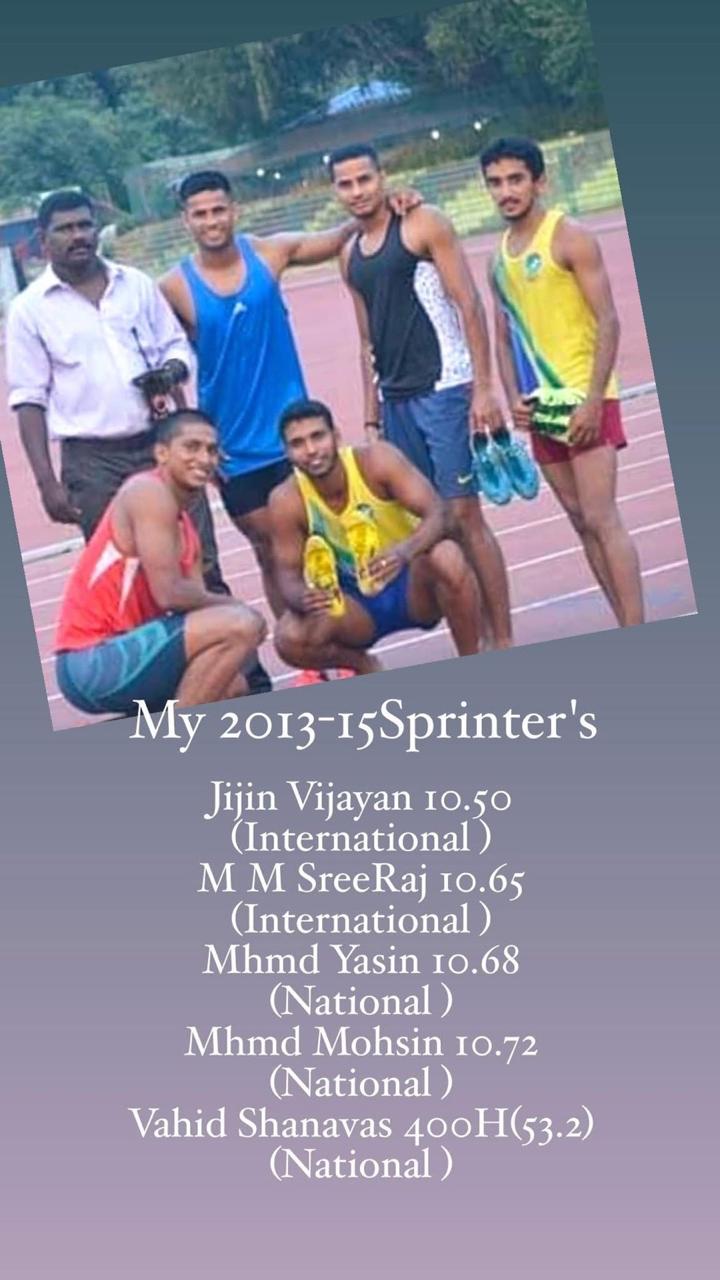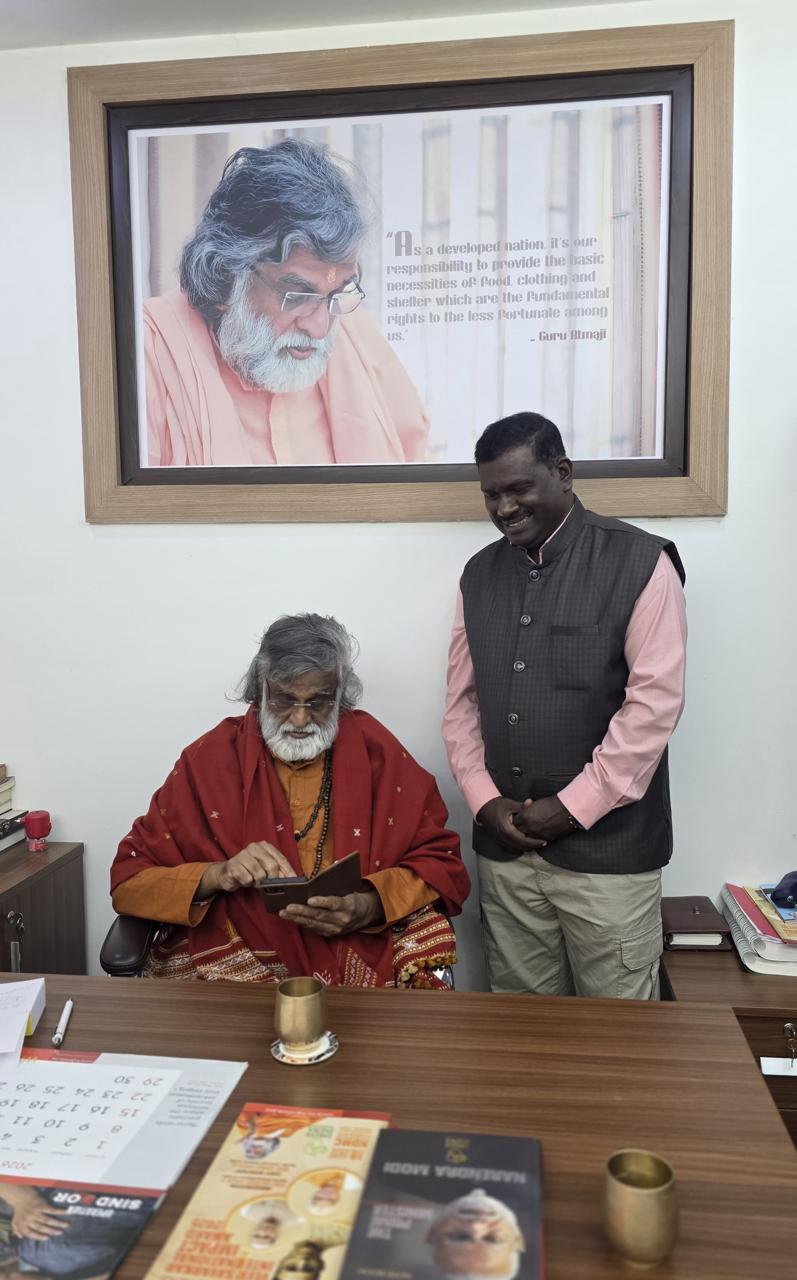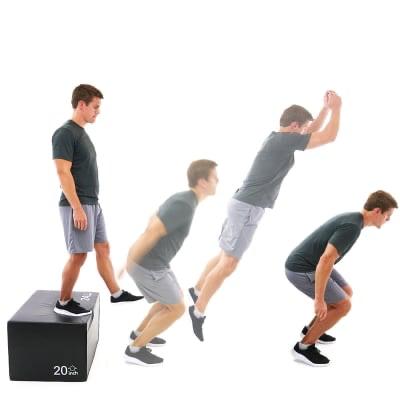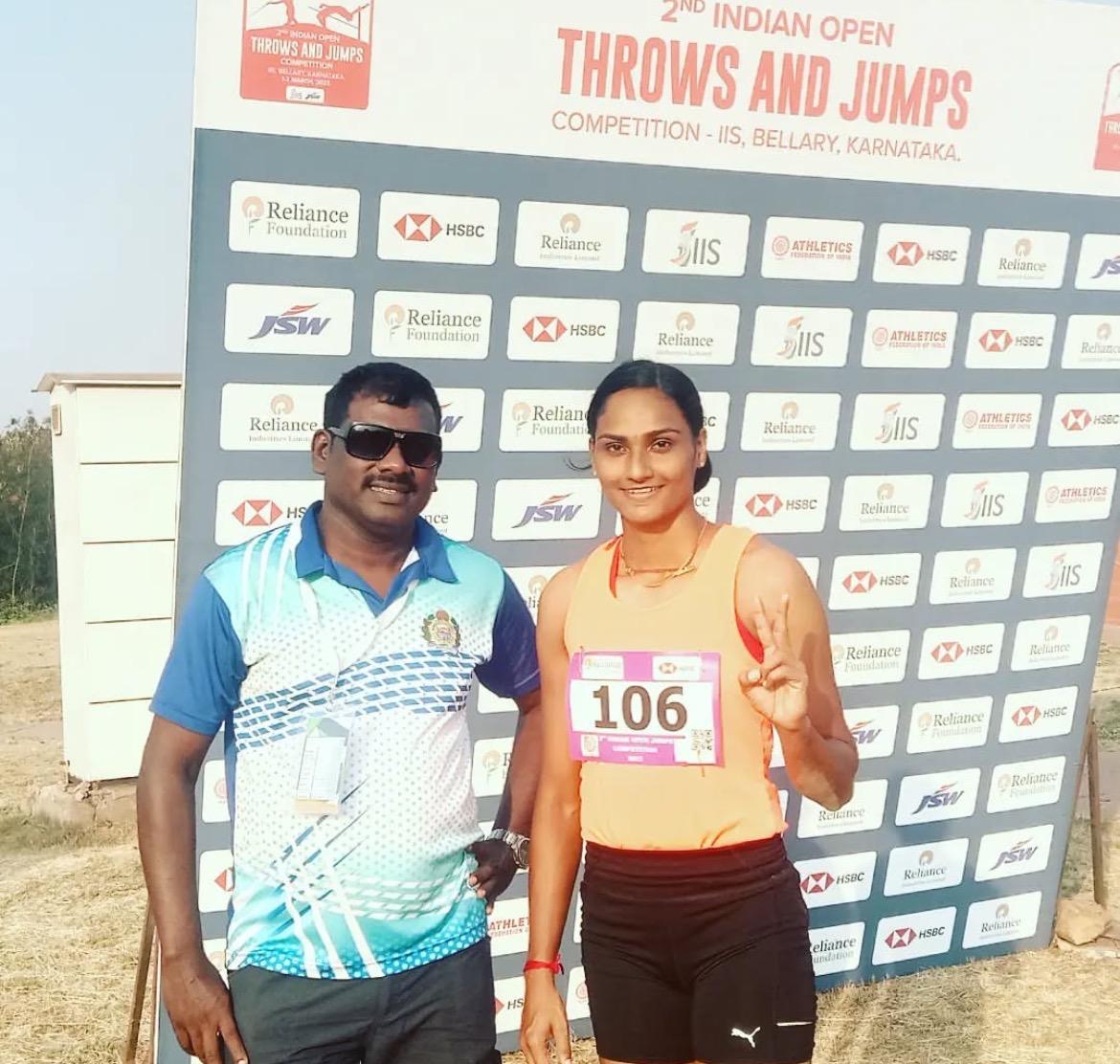Unlocking Athlete Potential through Collaborative Goal Setting
Coaches play a vital role in empowering athletes to reach their full potential through effective goal setting. By establishing clear, achievable objectives, athletes can focus their efforts, build confidence, and celebrate meaningful successes. A well-structured goal-setting process should encompass short-term, intermediate, and long-term objectives, culminating in significant events that resonate with the athlete.
The cornerstone of successful goal setting lies in aligning the athlete's focus with a relevant, challenging, and achievable objective. Athletes must be invested in the goal-setting process, and their commitment is contingent upon accepting and embracing the established goals. Consequently, coaches and athletes should collaborate to set objectives that foster a sense of purpose and motivation.
How difficult should goals be? Research suggests that experiencing success breeds confidence and motivation. Therefore, assisting athletes in setting realistic, attainable goals is crucial. If goals are overly ambitious, athletes may become discouraged by repeated failures, undermining their self-confidence. Effective goals should strike a balance between challenge and achievability, empowering athletes to push beyond their perceived limits.
Achieving a goal is a testament to an athlete's hard work and dedication. To ensure clarity and focus, it is essential to establish specific, measurable criteria for evaluating success. Vague aspirations, such as "doing one's best," lack specificity and may lead to misinterpretation. Effective goals should be clear, concise, and measurable, providing a roadmap for success.
Key Characteristics of Effective Goals:
- Specific: Clearly define what the athlete aims to achieve.
- Measurable: Track progress and recognize success.
- Agreed Upon: Accepted by the athlete, fostering ownership.
- Varied Difficulty: Include realistic stepping stones to long-term objectives.
- Time-Phased: Include short-term, intermediate, and long-term timelines.
- Motivating: Goals should excite and align with the athlete's values.
- Recorded: Create a written contract to strengthen commitment.
Recording goals is essential. Coaches should engage in dialogue with athletes before finalizing and documenting targets. Goals should not only focus on physical achievements but also consider mental performance and behavioral changes. This comprehensive, collaborative approach to goal setting helps athletes reach their full potential and fosters a culture of motivation and shared success.





